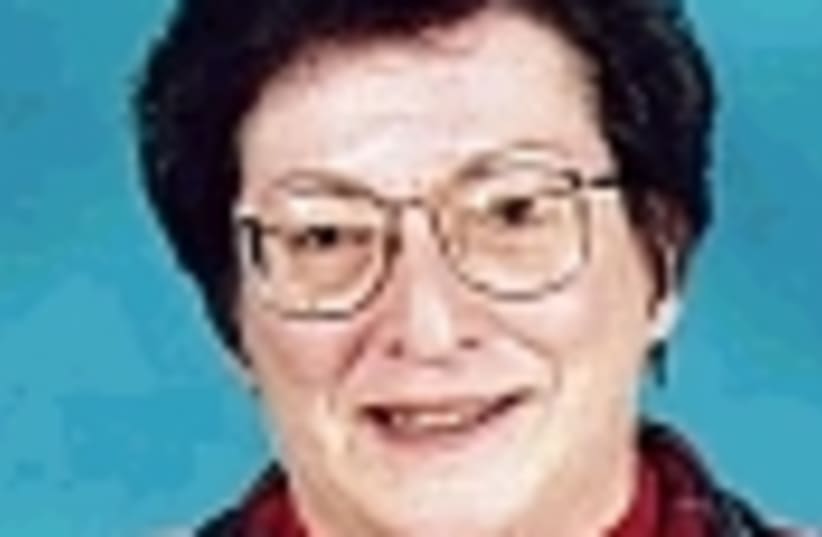| More about: | The International (film), Colette Avital, Jerusalem, Istanbul |
Women's Commission launched
IWC will ensure representation of women in all decision-making bodies in Israel.


| More about: | The International (film), Colette Avital, Jerusalem, Istanbul |